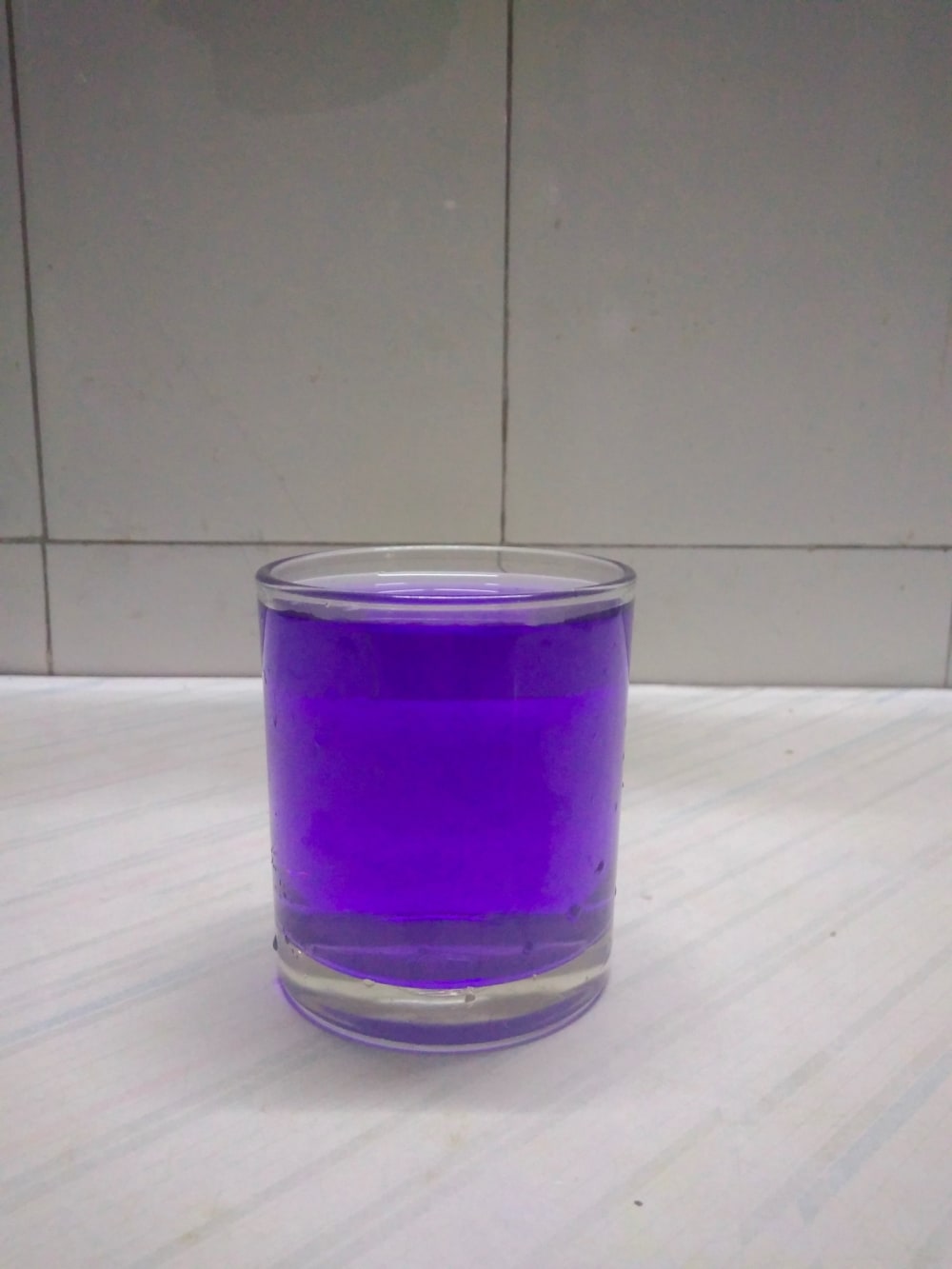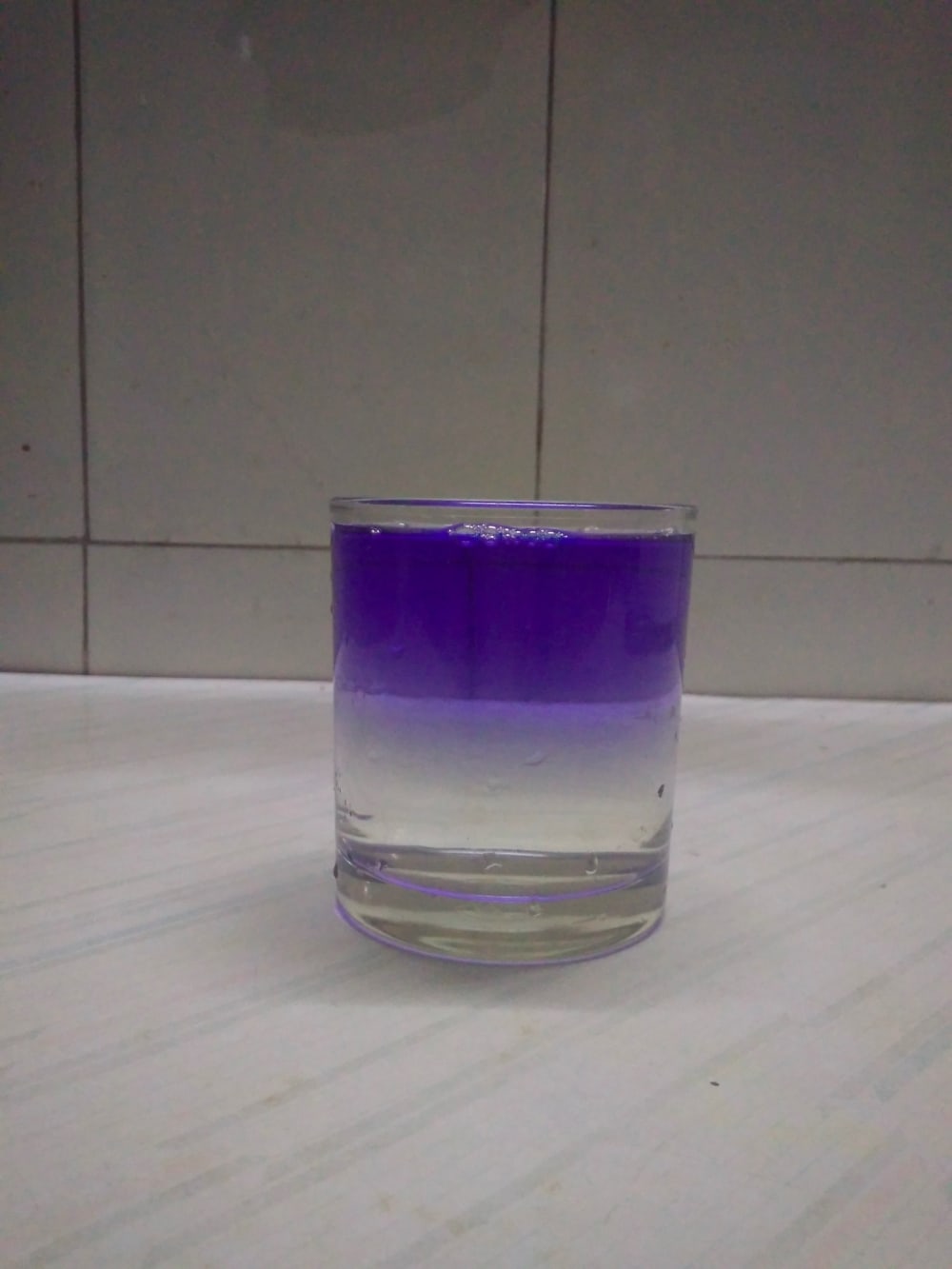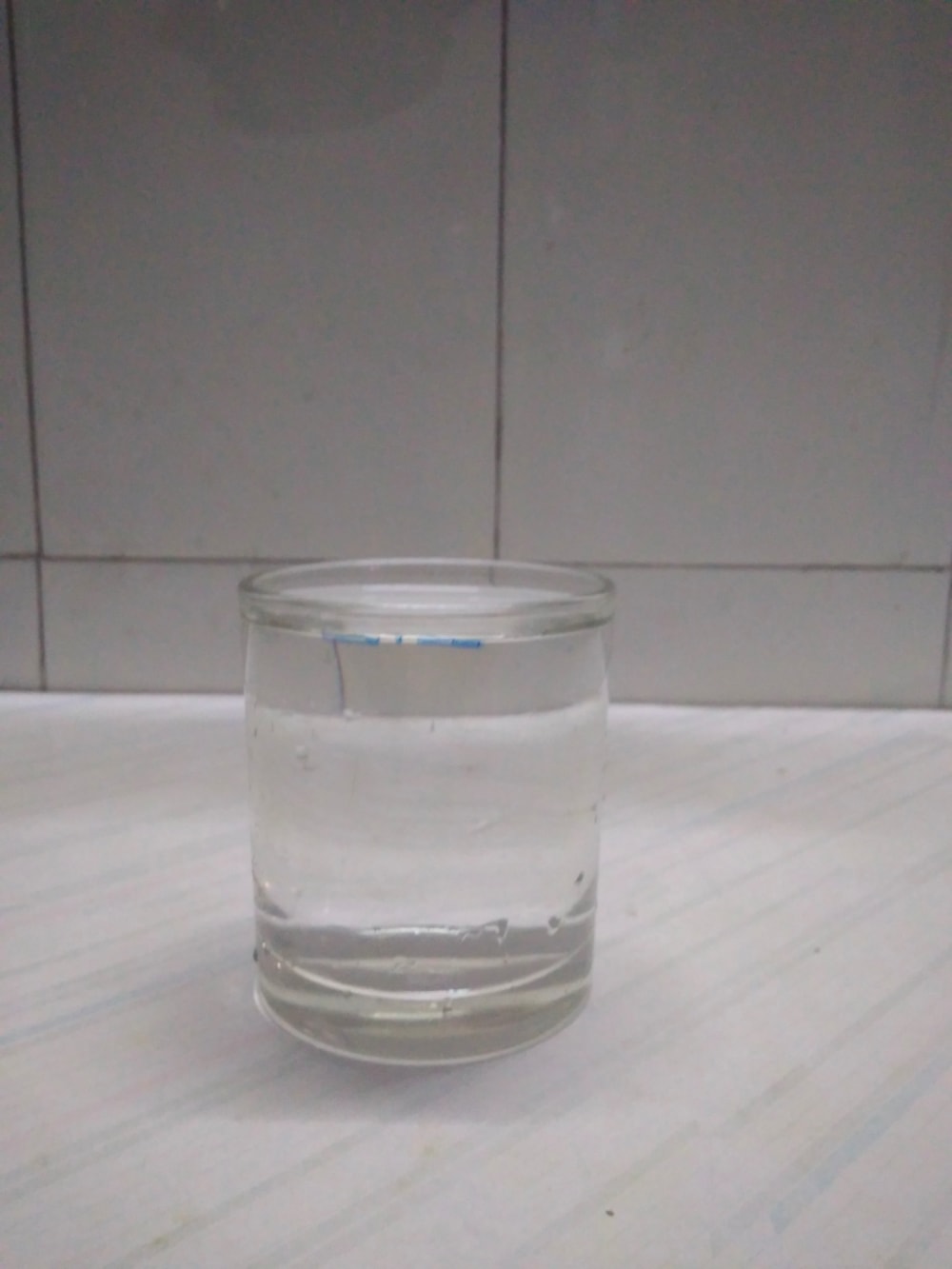White fabric cloths/linen get dull or slightly yellow after regular use. Normally we add blue dye (a-nil) in water after washing the white cloth and soak them in blue water for some time before drying. Since blue and yellow are complementary colors in the subtractive color model of color perception, adding a trace of blue color to the slightly off-white color of these fabrics makes them appear whiter. Laundry detergents may also use fluorescing agents to similar effect. Many white fabrics are blued during manufacturing. Bluing is not permanent and rinses out over time leaving dingy or yellowed whites. A commercial bluing product allows the consumer to add the bluing back into the fabric to restore whiteness. Main content of blue are of indigo and starch, synthetic ultramarine and Prussian blue.
After use most of us throw away the blue colored water as if it is wasted. But wait… it is not wasted. We can get back clean water after some time for our daily use by just adding very few drops of household bleach (Ala bleach).
Household bleach is actually a mixture of chemicals, Its main constituent is a solution of 3-6% sodium hypochlorite (NaOCl), which is mixed with small amounts of sodium hydroxide, hydrogen peroxide, and calcium hypochlorite.
By adding a slight amount of household bleach in the blue colored water after its use, we can get back clean water after some time. See illustration before and after adding the bleach. This will save plenty of water which is being wasted after bluing the white cloths and linen in many laundries. This simple way will save huge amount of water and may not contribute for water pollution.
Like this entry?
-
About the Entrant
- Name:Sanjay Puranik
- Type of entry:individual
- Patent status:none








